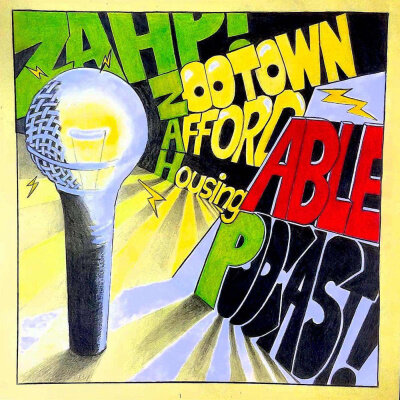I’m experimenting with a community newsletter! Each week the newsletter will bring writing from me and others to provide a small snapshot of our lives in this high mountain desert we call home. Interested in checking it out? Find it at https://emilywithnall.substack.com/. Please subscribe if you want to receive it in your inbox.
Class: Reimagining Environmental Writing with StoryStudio Chicago
Registration Link: https://www.storystudiochicago.org/classes/classes/reimagining-environmental-writing-with-emily-withnall/
In this generative workshop we will flip traditional understandings of environmental writing by reading work that pushes the traditional boundaries of the genre. By the end of the session participants will have a seed essay draft.
Date: November 8
Day(s) of the Week: Wednesday
Class Time: 6:30pm – 8:30pm CT* *Note this is Central time and adjust accordingly!
Location: Zoom (online)
Instructor: Emily Withnall
Price: $65
I'm juding a prose prize!
How to Write about Art and Environment, Encounter Culture Podcast
Encounter Culture host and El Palacio editor Charlotte Jusinski speaks with Emily Withnall, a writer who has contributed to the magazine more than just about anyone else in recent memory. Charlotte and Emily discuss the writer’s path to El Palacio, the significant role nature plays in her writing, and her ability to sift through the ephemera that often complicates discussions about art.
https://podcast.nmculture.org/2023/04/05/how-to-write-about-art-and-environment-with-emily-withnall-el-palacio/
ZAHP! The Zootown Affordable Housing Podcast
On April 2, 2020, I chatted with Rebecca Kelley, host of the ZAHP! Zootown Affordable Housing Podcast, about the need for permanent supportive housing for everyone. We discuss my affordable housing article, “Shelter from the Storm,” published on in The Progressive Magazine, and my essay “The Snack Shack Blues,” published in Gay Magazine., and the need for creating a society where everyone is housed.
Gendered Land: The Meaning of Metaphor in Environmental Writing
I’ll be at AWP in San Antonio with poets and essayists Cmarie Fuhrman, Keila Vall de la Ville, and Erica Watson!
Panel description: Virgin wilderness, fertile land, Mother Nature, barren ground: American English is infused with gendered metaphors describing our landscape, and these metaphors inform our experiences, our cultural identities, and our writing. A diverse panel explores the creative spaces and limitations of these metaphors across genre, examining the settler colonial roots of common perceptions of land and bodies, and the potential such metaphor can offer stories of environmental and social justice and survival.
Time: 9:00-10:15 am, Saturday, March 7 2020
Location Room 217B, Henry B. González Convention Center, Meeting Room Level
Wild Mercy Reading Series
Come join me as I read some new essays at the University of Montana’s FLAT, Thursday, February 27 at 6:30.
Having it All: Writing and Solo Parenting
Whether a solo parent by choice or by chance, writing while solo parenting can be isolating, which means that questions about how to serve both passions well—our writing and our children—are difficult to ask, share, and explore. These panel members will discuss how to overcome the biggest challenges to productivity; how our lives as solo parents affect what we write, and the ethical questions that arise as we write about our lives, which often means writing about our children.
Second Wind Reading Series, Sunday November 18, 6 pm
Join me at the Kulture Kava Bar in Missoula for the annual University of Montana MFA program reading series. I will be reading something strange or something queer--maybe both! Fellow reader Maren Schiffer will read first and I'll follow.
A Conversation with The Kenyon Review
From the interview:
What was your original impetus for writing “Disembodied”?
“Disembodied” is an excerpt from my manuscript, “Fracture.” It started as a twelve-page essay in graduate school, and I wrote it because I was taking a writing workshop and a class called Environmental Justice Issues and Solutions. In the workshop, I wanted to finally tell my story about my marriage and the domestic violence I experienced.






